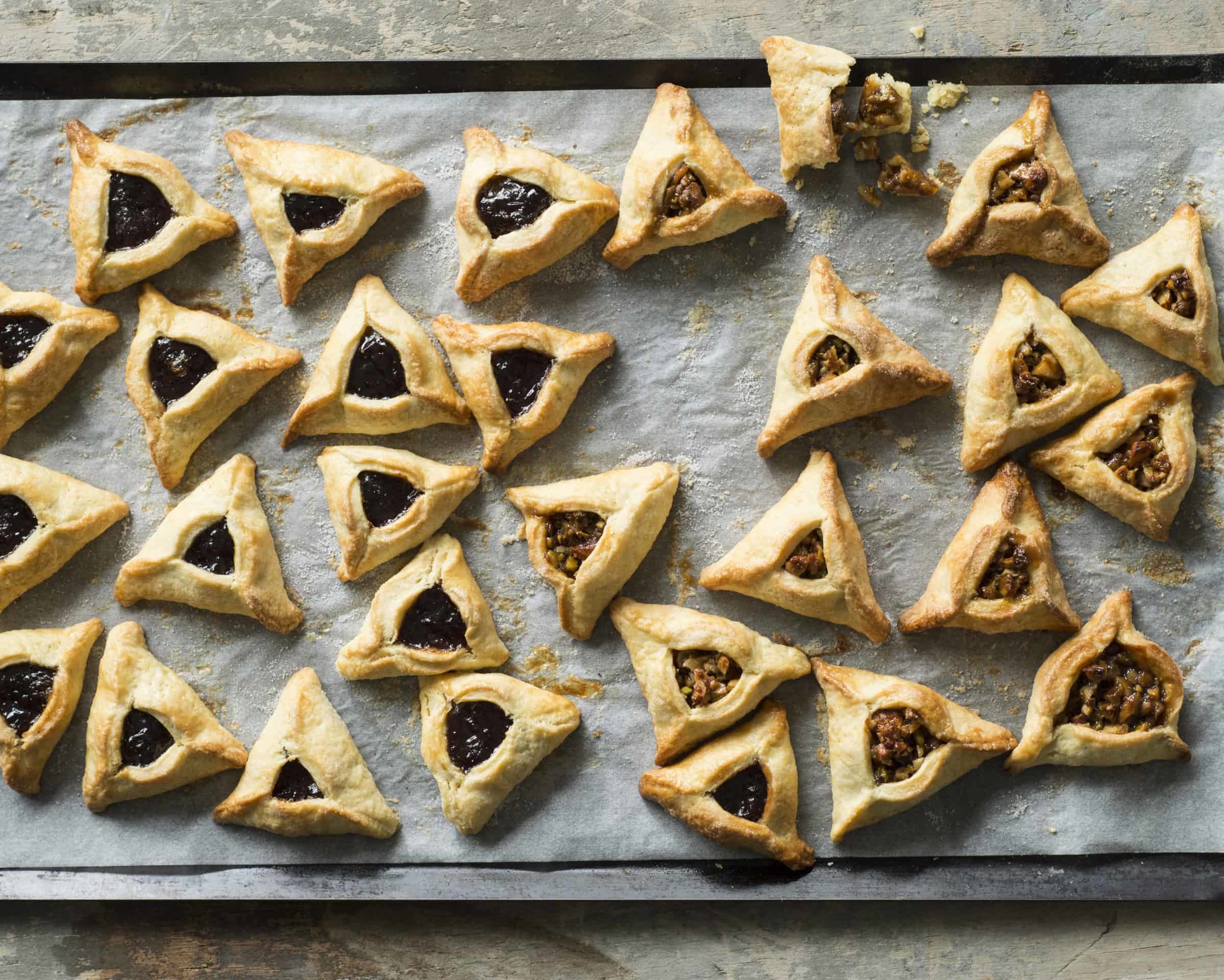
Hamantashen Time. Purim is here!
It’s hamantashen time at our place. The Jewish festival of Purim is coming soon. Hamantashen is the name for the sweet three-cornered filled pastry served
Latest Recipes

Back in 2006, when they first stepped into the kitchen together, the ladies of the Monday Morning Cooking Club (MMCC) never imagined that their idea – to collect, test, curate, share and preserve recipes from the Jewish community – would grow into what it has today. Now, twelve years later, having published three best-selling cookbooks and currently working on a collection of sweet heirloom recipes, it is time to look back and reflect on the recipes, the stories and the people that have been a part of the MMCC journey.
Sorting through the mouthwatering historical archives that are the MMCC books, a rich melting pot reveals itself with Monday Morning Cooking Club – the food, the stories, the sisterhood (2011), the second book The Feast Goes On (2014), and It’s Always About the Food (2017) proving to be rich sources of not only Jewish cuisine and tradition, but further of the history of the Jewish diaspora. With MMCC’s search for recipes mainly being focused in Australia, these stories and statistics offer an insightful glimpse into the Australian Jewish story in particular. Recording the origins, heritage and movement of those who have contributed their recipes and stories over the years, MMCC has developed a clearer picture of the wonderfully diverse community of cooks reflected in their three books.
Testament to the diversity of this community, mapping the origins of the MMCC contributors was no straightforward task. People’s stories were filled with details not only about where they live now, but also where they were born, moved and migrated to. In The Feast Goes On for example, we relished in hearing from Lynne Spanner who, growing up in Vrendenburg, South Africa, moved to Saskatchewan, Canada before settling in Australia. Her story is reflective of so many more in MMCC’s collection in which people reminisce about their migration story. Recipes came to their contributors at certain points and places in their lives, and the narrative shows that these recipes are then forever connected and associated with these memories, moments and different countries. In many of the heartwarming recipes, amongst the turmoil of migration, it was the cooking of heirloom recipes from lost loved ones or homes, now far away, that eased the pain of change.
The graph above depicts the primary connections of the MMCC community – meaning where they were born and grew up. Of those contributors who, in their biographies, highlighted where they were born and grew up, the largest group hailed from South Africa followed closely by those from Australia. Turning to where people live now, Sydney emerged from the statistics as the favourite – with this obviously being linked to where the kitchen headquarters of MMCC is located. Beyond Australia, where MMCC’s search for recipes has primarily been focused, Israel, England and America were amongst the countries that the most cooks had chosen to start a new part of their lives, with several magnificent MMCC recipes emanating from each of these countries.
In most of the biographies there was yet another layer of depth to be considered. Like so much of Jewish culture, the stories of the MMCC community highlight rich traditions and deeply valued heritage, with many of the stories gesturing beyond the immediate and toward the origins of parents, grandparents and even earlier generations. It is from these relatives that many of MMCC’s recipes have come – passed on from generation to generation, remembered, replicated and treasured.
Representative of broader Jewish history, the forebears of most of those who have contributed recipes to MMCC hailed from Europe. As the analysis of the biographies revealed, Russia and Poland held the most heritage of the MMCC community, with significant percentages of the cooks being connected to these countries through older generations. From such heritage, traditional recipes such as Freda Abram’s Polish Pelushki (pictured, above) and Manya Boorda’s Russian borscht have been generously shared – both featuring in the first book Monday Morning Cooking Club – the food, the stories, the sisterhood. Though fewer in number, it is equally interesting to consider the heritage of those people with stories that began in countries such as Argentina, India, Libya, Mexico and China. Whilst only one or two cooks come from each of these places, recipes such as Argentinian Pollo con Salsa, South Indian Fish Curry and Mexican Corn Torte have been tantalisingly added to MMCC’s cooking repertoire.
Ultimately, it is the tremendous diversity and heartfelt heritage that makes the collection of MMCC recipes so special. With contributors revealing their connection to at least 57 different countries in total, the MMCC books have joyously brought together stories and recipes from places as distant and different as Dagestan and Goondiwindi – creating a rich melting pot of Jewish culture, community and cooking.
The Monday Morning Cooking Club books are a tribute to the power of food to make connections across not only countries but also time – with the recipes MMCC share bridging gaps between people, the past and the present. Looking ahead, the Monday Morning Cooking Club cannot wait to share more recipes and stories with the publication of a delicious fourth book scheduled for release in 2020.
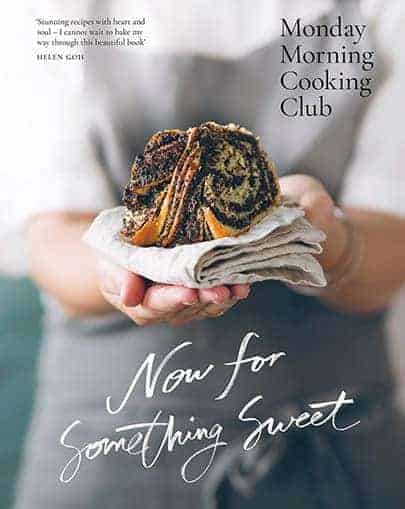
Chag Pesach Sameach to all my Jewish friends.
Sadly, not so ‘Sameach’ (happy) this year.
An empty seat at our Seder table for the hostages and for all those unable to be at a Seder table.
Hoping and praying Pesach 2025 is a better one.
Hoping and praying for the return of all the hostages now.
Hoping and praying for the elimination of Hamas.
Hoping and praying for peace.
#bringthemhomenow
#SAVING_A_PLATE
#letmypeoplego
#emptyseat
...
My thoughts on this, Pesach and next year in Jerusalem.
My latest piece for @thejewishindependent - you can find the link in my Instagram profile or copy this into your browser https://thejewishindependent.com.au/pesach-a-time-to-eat-like-theres-no-tomorrow
💙
💙
💙
#passover #pesach #nextyearinjerusalem #matzoballs #seder #jewishfestivals #letseat #chickensoup #istandwithisrael #bringthemhomenow
...

It’s hamantashen time at our place. The Jewish festival of Purim is coming soon. Hamantashen is the name for the sweet three-cornered filled pastry served
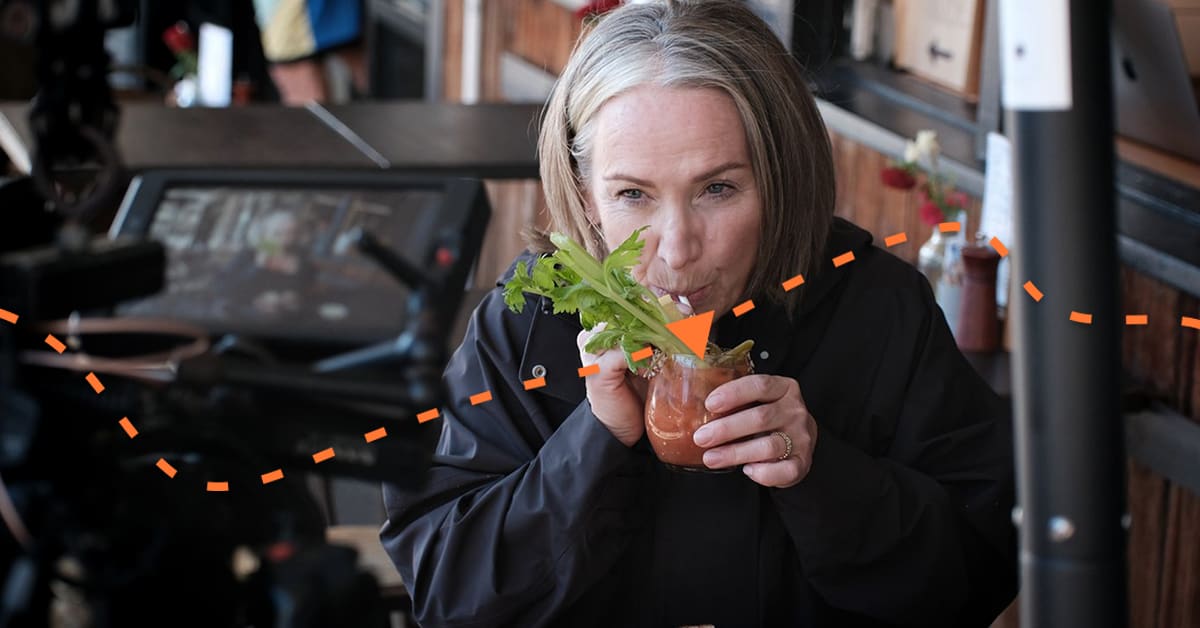
A brand new youtube series from Lisa Goldberg.
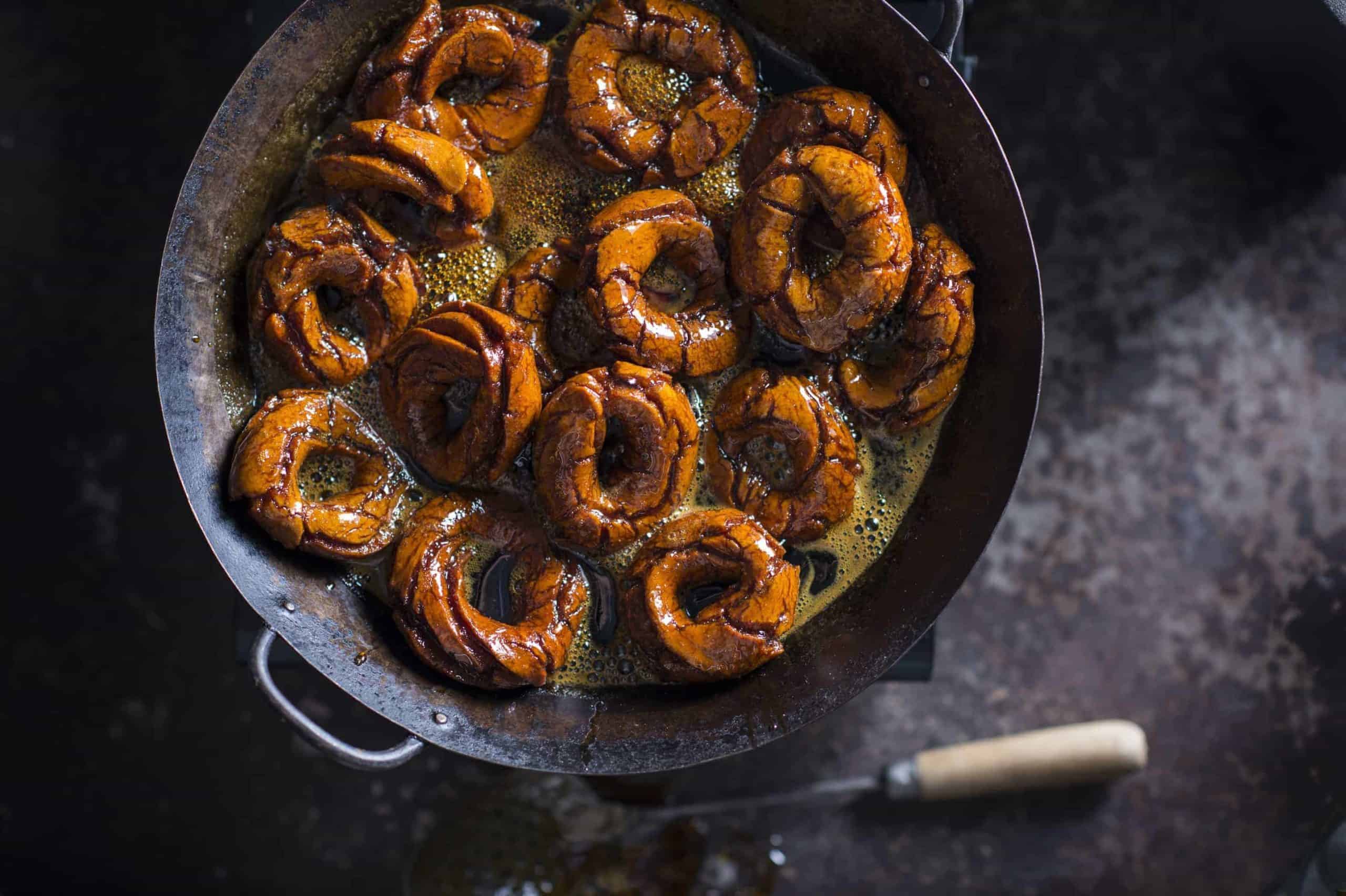
The 2023 Rosh Roundup.
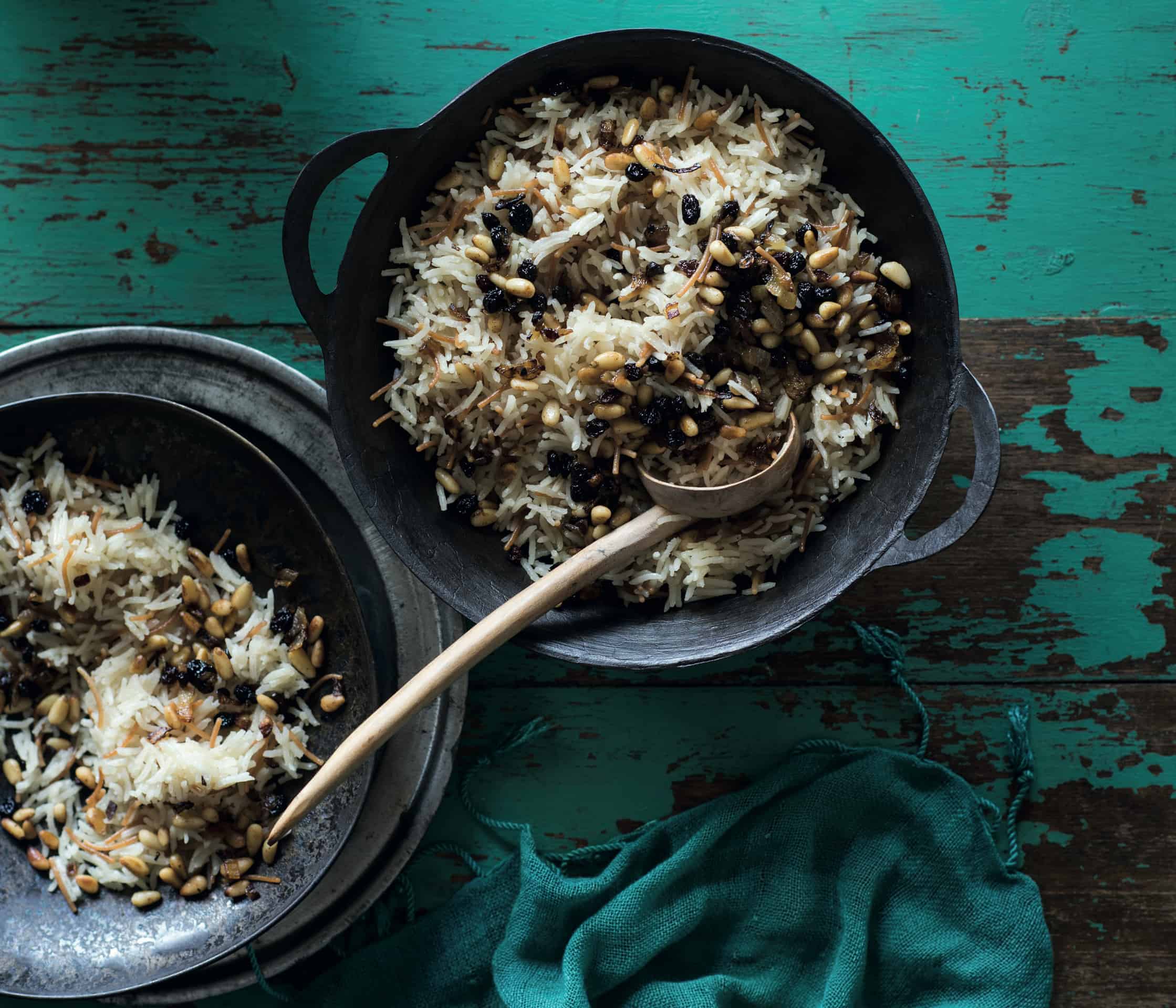
A quick guide to planning your Rosh Hashanah feast. And a great recipe!